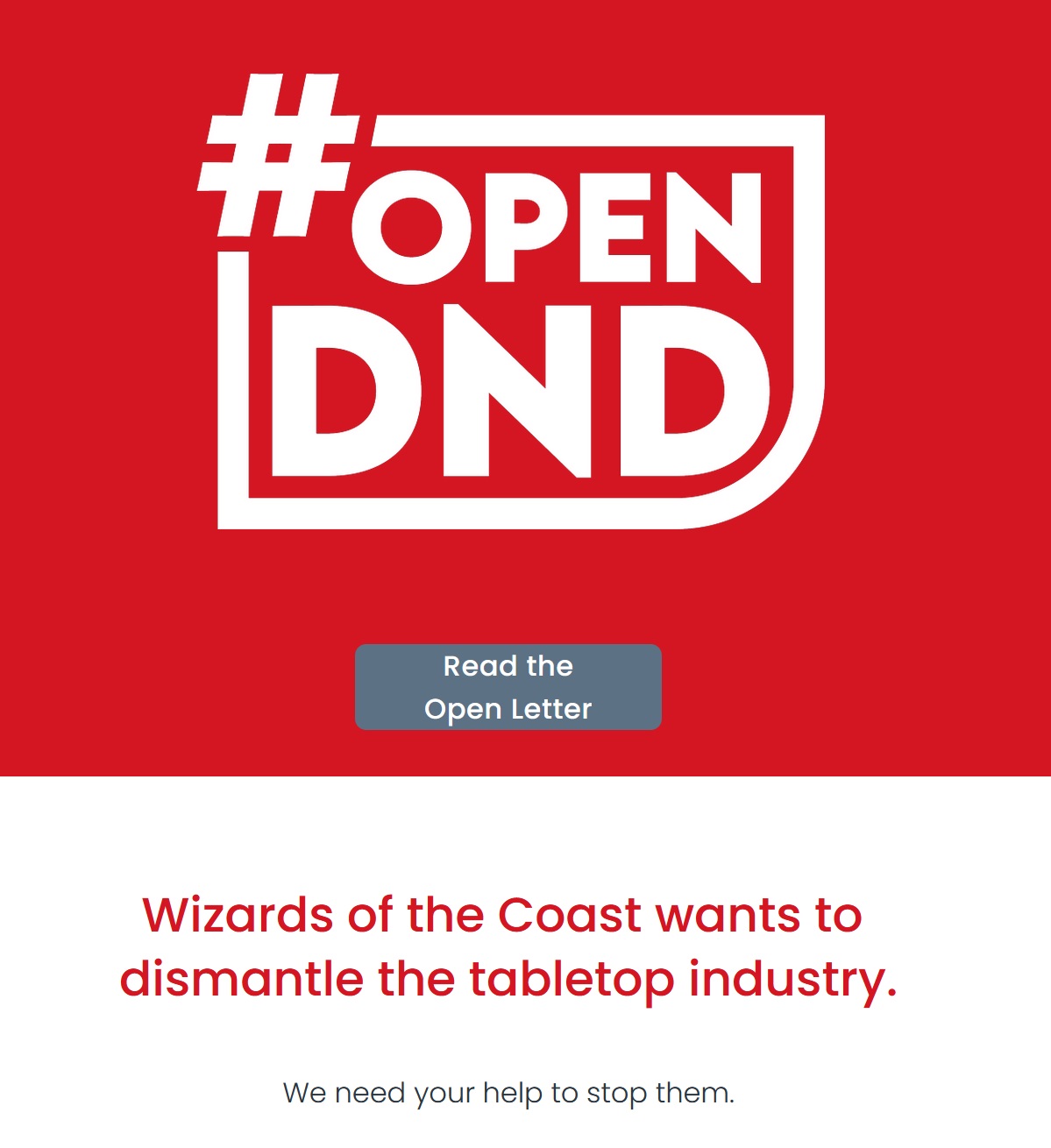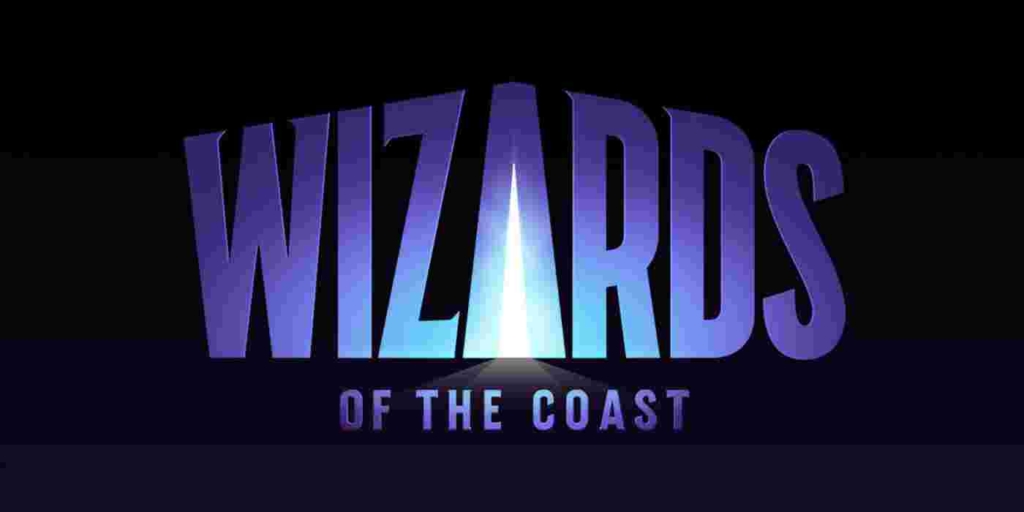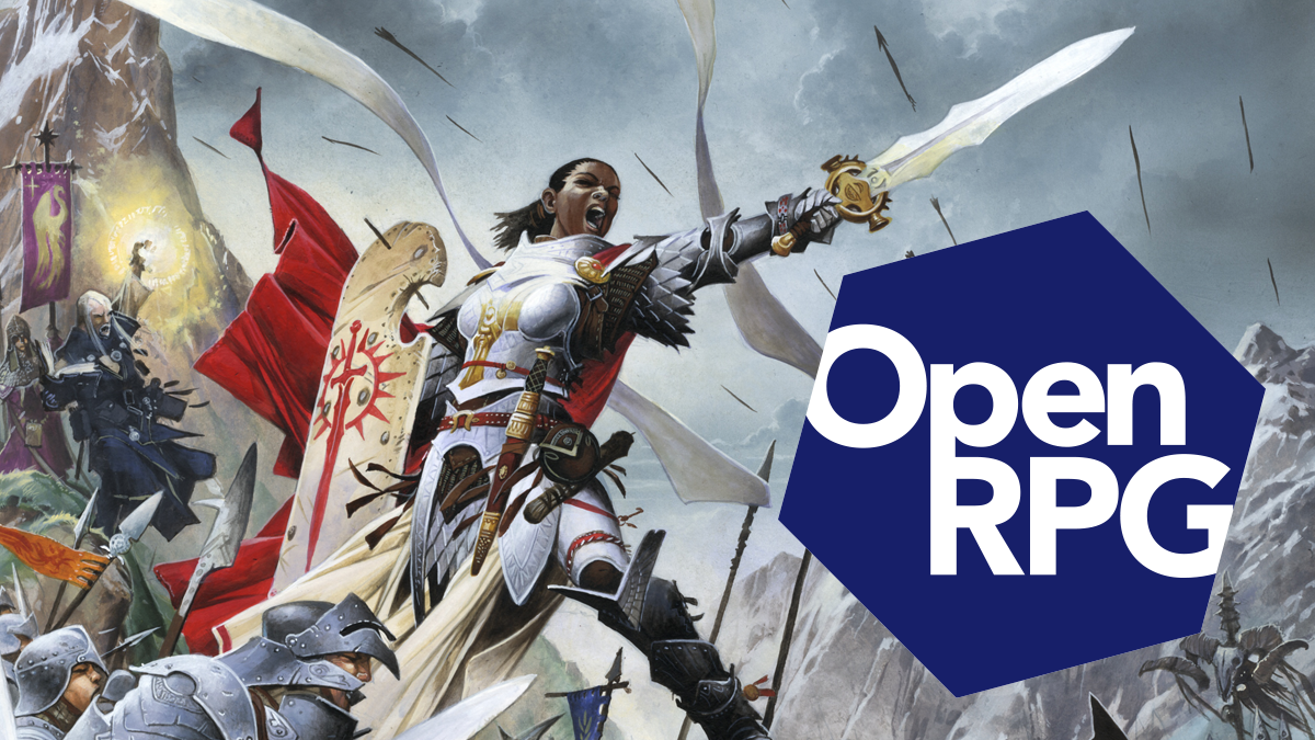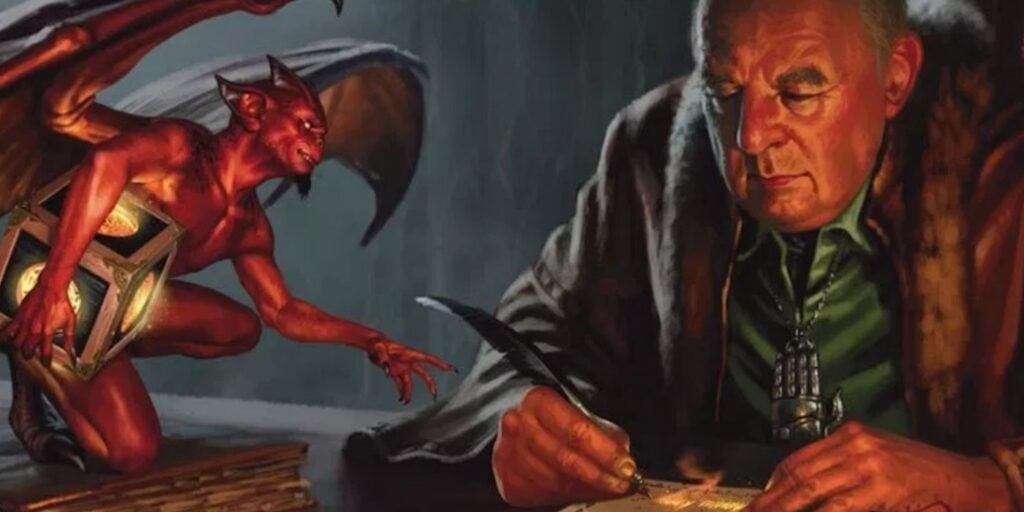Cancelled D&D Subscriptions, Secret Deals – Inside WotC’s OGL Update
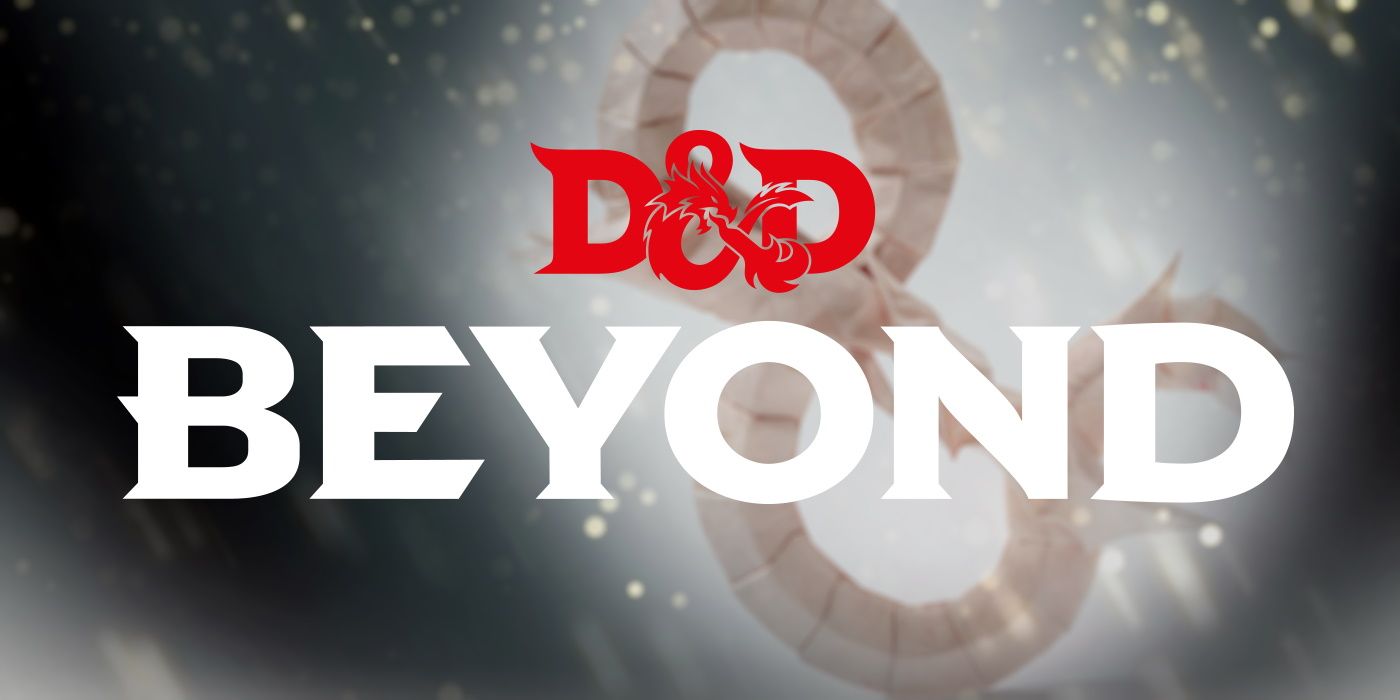
Cancelled subscriptions numbering in the thousands pushed WotC to pause their OGL plans. New details from the inside emerge.
As the RPG community pushes back against moves by Hasbro/WotC to “update” the OGL, new details have emerged that paint a picture of secret “sweetheart deals” and management hoping this will all blow over.
Last week proved to be a monumental one for the world of tabletop RPGs. In the wake of WotC’s plans to change the Open Gaming License, designers, players, publishers, fans, and creators from throughout the D&D community banded together to make their voices heard.
And under mounting pressure from D&D Beyond users canceling their subscriptions, and publishers/licensees announcing new systems and “truly open” licenses, Wizards of the Coast paused their plans. In their “Update on the Open Game License,” WotC spoke to the community’s concerns. They walked back proposed changes like the royalty structure for publishers making more than $750,000 in gross revenue, assuring the community that nothing already published under the OGL 1.0a would be affected.
However, it was clear that WotC had damaged the goodwill they’d created over the last decade.
And according to new reporting from Gizmodo, sources from inside WotC say that things are “dire” and that Hasbro is worried more about the IP of D&D than its public image:
“According to multiple sources, these immediate financial consequences were the main thing that forced them to respond. The decision to further delay the rollout of the new Open Gaming License and then adjust the messaging around the rollout occurred because of a “provable impact” on their bottom line.”
But what we hadn’t seen was just what WotC had in mind before the massive push to cancel subscriptions made them take notice.
The Unreleased OGL 2.0 FAQ
As Gizmodo reports, not long after the leaked draft copies of the OGL 1.1 circulated, was another batch of leaks. This time, a document containing Frequently Asked Questions about the newly retitled OGL 2.0:
The leaked FAQ said that the “OGL 1.0a only allows creators to use ‘authorized’ versions of the OGL which allows Wizards to determine which of its prior versions to continue to allow use of when we exercise our right to update the license. As part of rolling out OGL 2.0, we are deauthorizing OGL 1.0a from future use and deleting it from our website. This means OGL 1.0a can no longer be used to develop content for release.
According to the original article, the FAQ was distributed across multiple teams inside Wizards of the Coast, with a planned release for January 12.
Wizards of the Coast canceled their planned update, and one day later released a much different vision of the future. But it’s telling, because as part of the OGL 2.0 FAQ, many of the proposed changes that had upset people were still in place, including the proposed royalty structures and “copyright riders.”
Indeed the royalty structure, revenue reporting, and other restrictions seem to have been a much larger part of WotC’s plans for the future of D&D. Per Gizmodo, multiple sources reported that a group of 20 third-party creators were given the OGL 1.1 in December with the option to sign on to a secret, “sweetheart deal” for better royalty deals and preferred marketing on D&D Beyond and elsewhere.
The Sweetheart Deals That Would Have Made the OGL 1.1
Gizmodo spoke to an anonymous source “who was in the room” when WotC made their OGL 1.1 presentation:
These creators were also offered deals that would supersede the publicly available OGL 1.1; Gizmodo has received a copy of that document, called a “Term Sheet,” that would be used to outline specific custom contracts within the OGL.
These “sweetheart” deals would entitle signatories to lower royalty payments—15 percent instead of 25 percent on excess revenue over $750,000, as stated in the OGL 1.1—and a commitment from Wizards of the Coast to market these third-party products on various D&D Beyond channels and platforms, except during “blackout periods” around WotC’s own releases.
That is until a massive community effort encouraging people to cancel their D&D Beyond subscriptions went viral. To the point that #DnDBegone was trending in a matter of hours. And according to reporting from Gizmodo, D&D Beyond saw “five digits worth of complaining tickets” in their customer service system.
But with canceled D&D Beyond subscriptions and community backlash on the ride, these plans were halted. Up to that point, per Gizmodo’s sources, “WotC management’s messaging has been that fans are ‘overreacting’ to the leaked draft and that in a few months, nobody will remember the uproar.”
The Future of Gaming – ORCs, Black Flags, and More
But by this point, the toothpaste has been squeezed out of the tube. Rather than let it dry on the sink, the community has come together calling for action.
Besides just the #DnDBegone campaign, which is still ongoing, many of the 3rd-party publishers have come forward with major announcements. Paizo, makers of Pathfinder, announced the Open RPG Creative License, or ORC, a system-agnostic creative license established by an IP law firm that game publishers worldwide can use.
Kobold Press announced Project Black Flag, a new set of “Core Fantasy tabletop rules” that will be available, open, and subscription-free for those who love it.
Several petitions have been circulating. Including one calling on Hasbro to take no action regarding the Open Gaming License v 1.0a started by Ryan Dancey, one of the co-creators of the OGL.
None of this would have happened without the community uniting. Or without the brave actions taken by people inside WotC, people who still very much respect and care for the power of the RPG community.
Now, as we move into the next week and wait to see what changes come, it’s clear there’s no going back.
Only forward, and then, only if it’s all together

